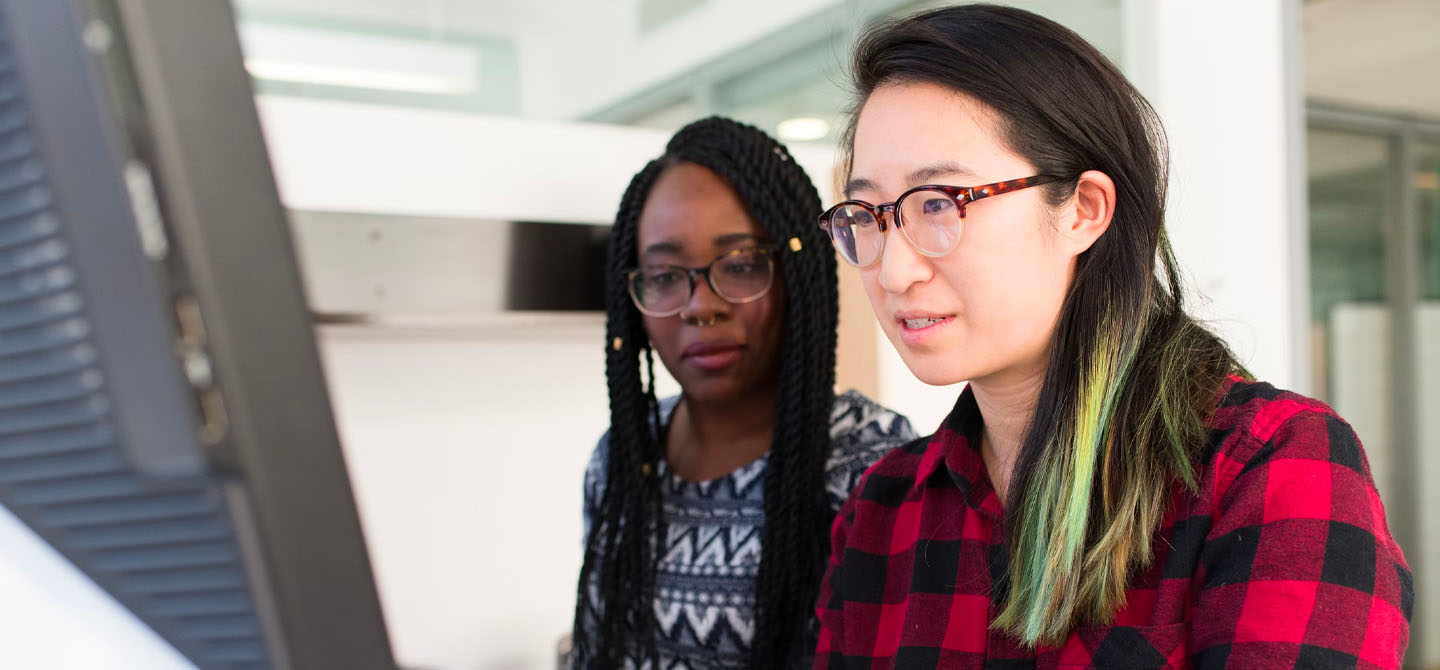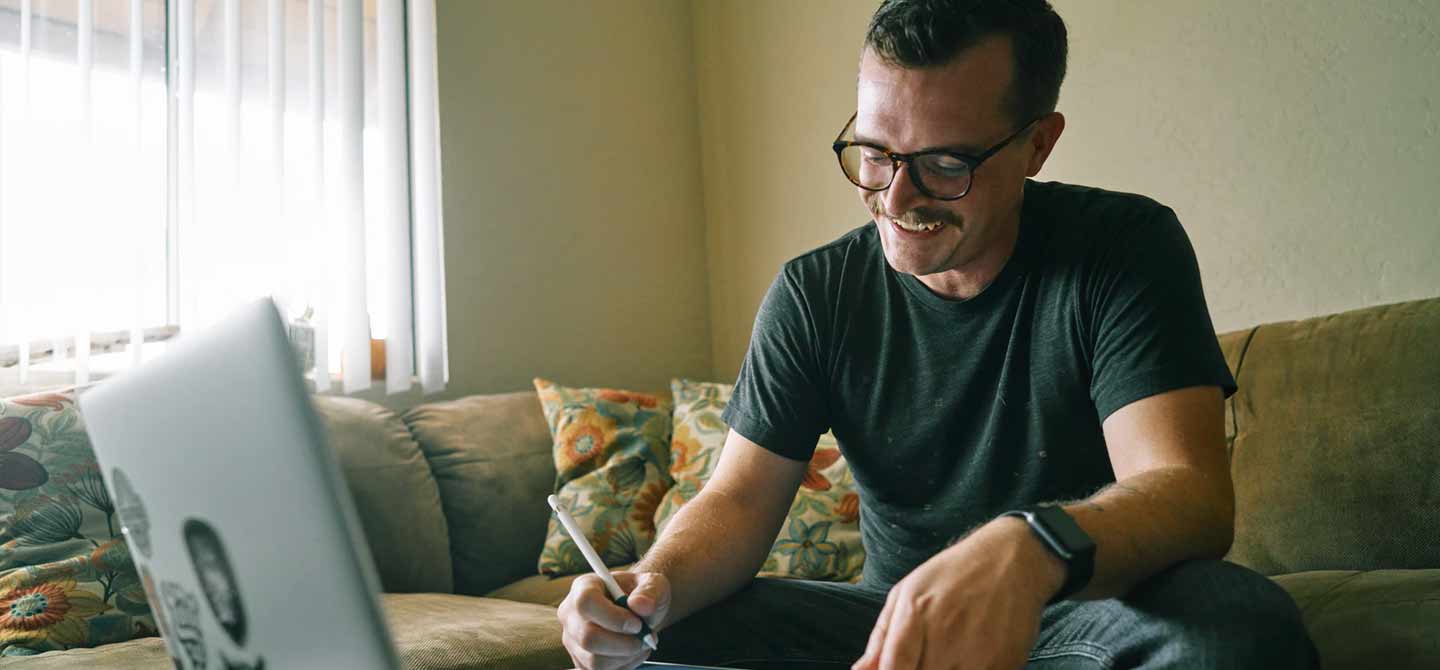A Trust deed is a legal document that comprises and sets out the terms and conditions of creating and managing a trust. It involves the objective of the trust established , the names of the beneficiaries and the amount of lump sum income they will receive and even the method by which they will receive the payment. A trust deed needs to be signed by all the trustees and the beneficiaries.
Who is a trustee and a beneficiary?
Trustee
A trustee is a person who administers the trust. Any transaction made in the trust is made under the name of the trustee. A trustee owes a duty directly to the beneficiaries and is obliged to work in the best interest of them.
Beneficiary
A beneficiary is a person for whose benefit the trust is created and administered. A trust deed includes the names of the beneficiaries and the amount they will receive from the trust. A trust can have either primary beneficiary (who are named in the trust deed) or general beneficiary (who are not named in the trust deed). General beneficiaries are generally the grand children or the existing or future children of the primary beneficiaries.
Kinds of trusts
Discretionary trust
A discretionary trust is a common form of trust used by families. A discretionary trust has no defined entitlement of the income or assets of the trust to the beneficiary and the trustee decides which beneficiary is entitled to which benefits and how much capital they are entitled to. A discretionary trust allows a person to hold onto their assets without being the legal owner of the property.
Fixed trust
Unlike the discretionary trust, the trustee does not have the discretion to entitle the benefits to the beneficiaries as they are already defined in the trust deed, similar to a shareholder in a company. The trust is usually divided into units and divided amongst the beneficiaries. The fixed trust is usually used for joint ventures and when a third party is involved, it is also used by families to when a handicapped child is involved, to provide proper care for the child in the event the parents or guardians pass away.
Conditional Trust
Trust can sometimes be contingent depending on certain conditions being satisfied by the beneficiaries. Reaching a specific age is one common condition. When the certain condition is fulfilled the beneficiary can claim full interest in the property.
Instead of a single beneficiary, multiple beneficiaries can be assigned by the settlor. The settlor can also assign either a fixed amount or percentage of the assets to each beneficiary.
When does a trust deed end?
A private trust may exist in NSW for up to 80 years. The trust agreement will indicate how long it should last and may call for a shorter duration, frequently in response to a specific occurrence, such as someone passing away or turning a certain age. The “vesting date” describes the time at which a trust’s tenure comes to an end.A trust’s beneficiaries acquire unrestricted access to all of its assets and income once it vests. All assets and income must be distributed to them by the trustee in accordance with the terms of the trust deed. Typically, a trust deed will contain a set of guidelines that the trustee must abide by.







